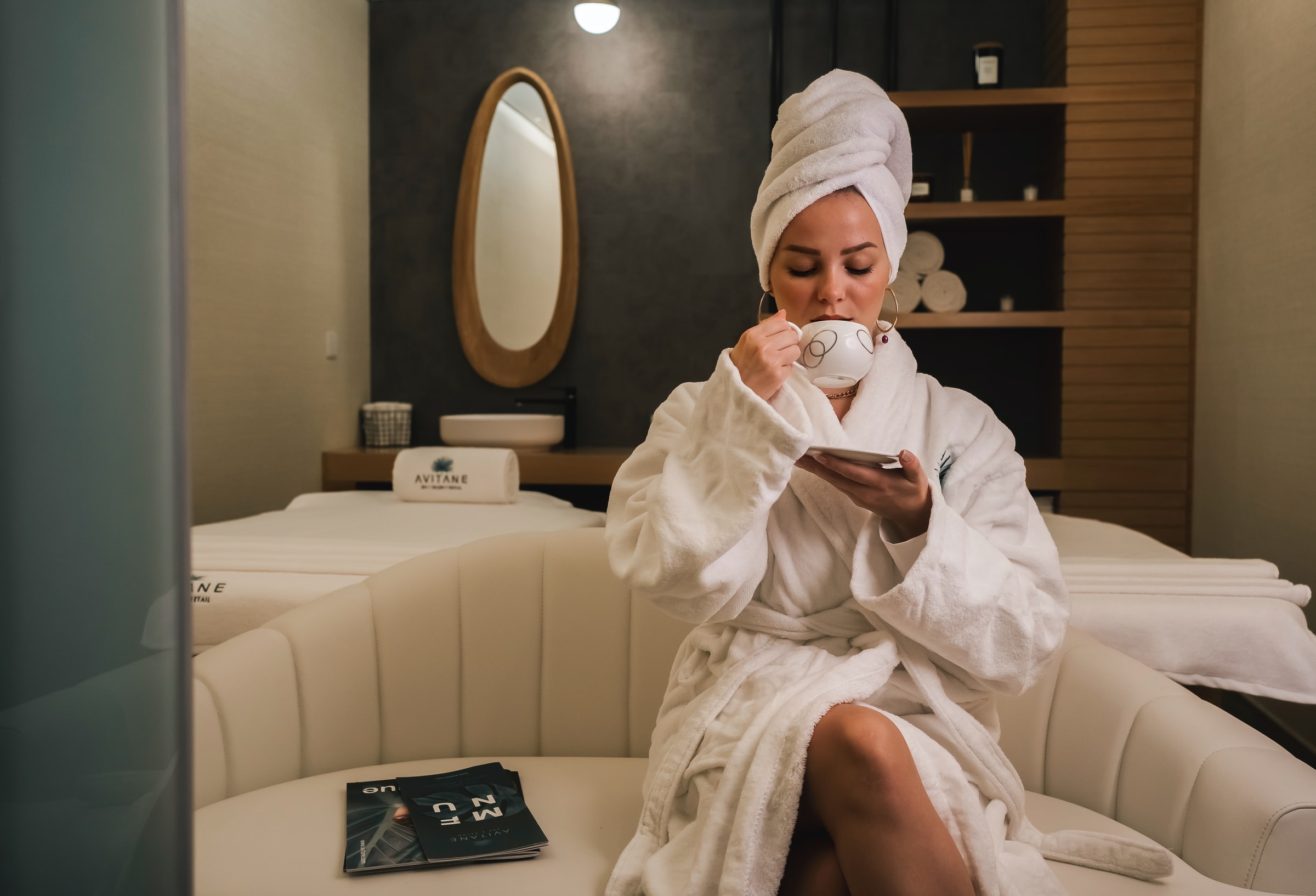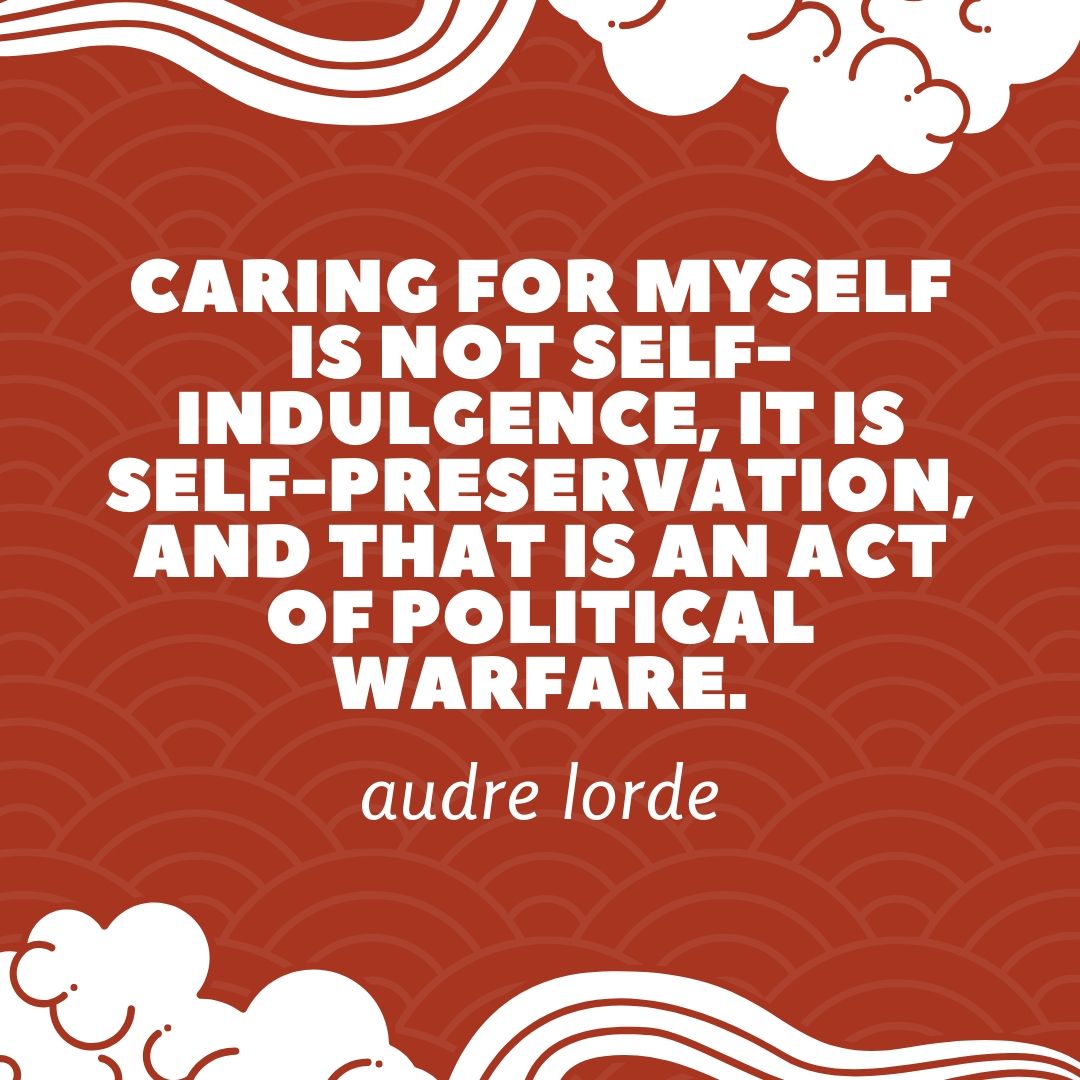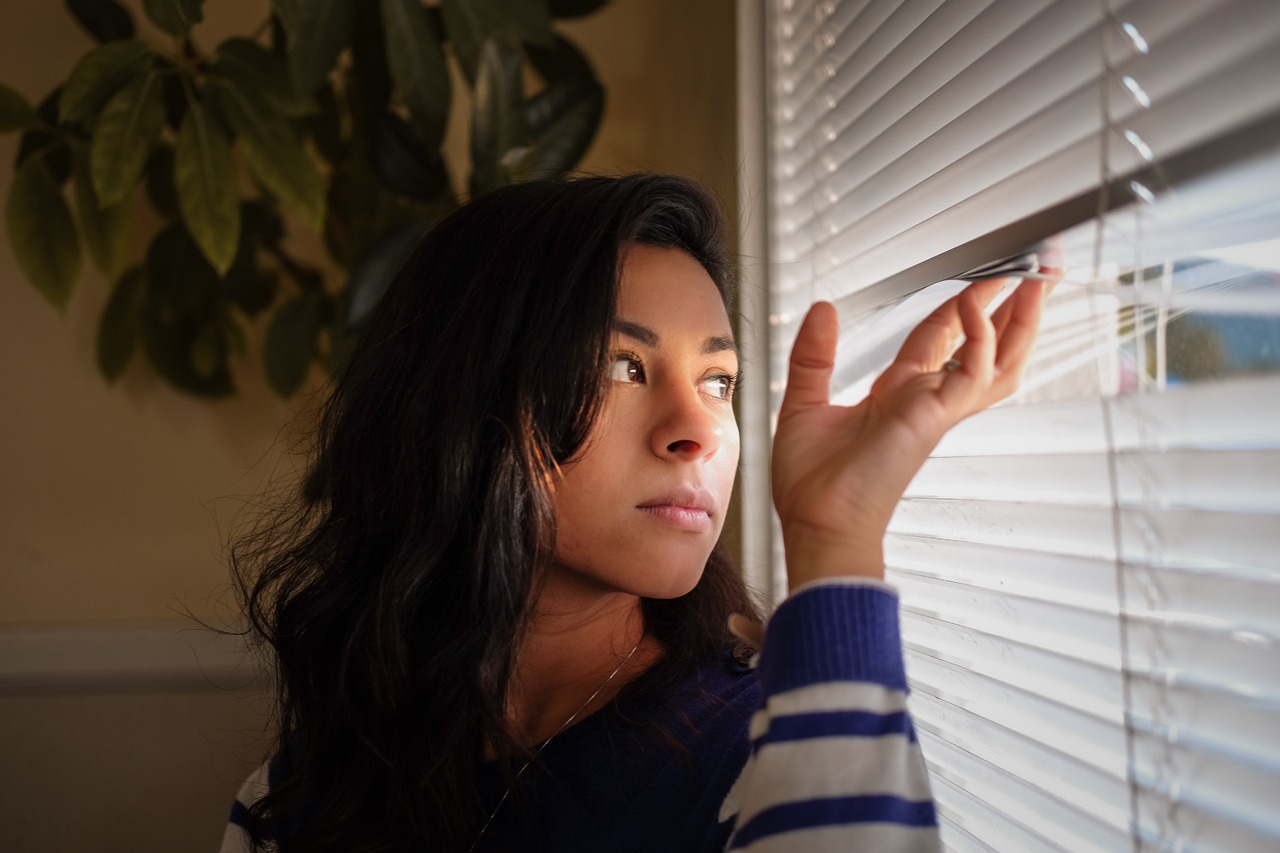The Problem with Self-Care
By Sarah Gooch
Contributor
31/5/2022

Self-care stitched my life back together, but I’m here to pull its threads apart.
I must have been born spiraling out of control, but at 28, I gave self-care a go and came out finally breathing, finally free. Like any new convert, I then preached it on street corners, shouted my testimony, urged conversions. Self-care seemed like the answer to everything.
And then slowly, slowly I tasted the poison mixed in with the holy water. “I just need to focus on myself for a while,” friends said — and then shirked their responsibilities and severed their social connections. Few emerged ready to tackle the world again; the medicine didn’t help. They never seemed happy.
I still knew self-care had healed me once — even as I watched it sicken others.
I still knew self-care had healed me once — even as I watched it sicken others.
The self-care movement started in 1935, when members of Alcoholics Anonymous began the practice of taking personal ownership of one’s wellness. The medical community then began promoting preventative care to combat increasing rates of chronic illness. To doctors, self-care means healthy habits pursued through self-control — which doesn’t sound fun.
Self-care’s origins are just as political as they are medical. In 1988, activist Audre Lorde penned the battle cry, “Caring for myself is not self-indulgence. It is self-preservation, and that is an act of political warfare.” Feminists and queer activists then popularized self-care not as an end but a means to advocate for others.

Picture Credit: Ian O’Byrne
But the version of self-care that entrances us today is far less defined. Self-care, wrote André Spicer, Professor of Organizational Behavior at the Cass Business School at City, University of London, “includes nearly any activity people use to calm, heal and preserve themselves in the face of adversity.” Driven by anxiety and dissatisfaction, the average self-care practitioner settles for a moment of emotional relief. And the cure could be anything: a vacation, a yoga class, a Netflix binge, or a soothing tea.
Self-care is whatever you want it to be.
I always played by a different set of rules. Since childhood, I neglected myself, believing it made me noble. Then a friend intervened. “Have you heard of burn-out? You might be headed there.” After that, I devoured books on self-care; the idea was lovely.
But I didn’t take it seriously yet. Three years later, I moved to the Amazon jungle to work as a missionary, because goodness knows I couldn’t possibly move anywhere easy, safe, or just-plain normal. While there, I nearly died from parasites three times, averaging one case of giardia every six weeks. Still, I traveled to remote villages and worked excessively while sick. I ate up stories of martyrs, ignoring my own loneliness.
And then one morning, crisis shattered me.
If I don’t change now, I thought, they will either ship me home in a box or send me to an asylum. Over the next six months, I split my schedule between counseling, chiropractic care, the gym, and close friends. I was electric with the hope of a healthier lifestyle, free from guilt. And while I’d love to claim that I’ve outgrown my old struggles, I’m still a work in progress. I have a natural bent towards workaholism, so reminders to take a break keep me from complete breakdown. Here I am criticizing self-care, but I still need it.
What, then, is the problem?
Consider the three different definitions of self-care. The push for diet and exercise is common sense, and those who work in political advocacy and the helping professions need breaks to avoid burnout.
But if self-care means “Whatever I think will make me happy,” of course it encompasses many bad ideas. Children think they need to skip school and binge on candy; teens seek out energy drinks and TikTok. Many adults also lack the self-awareness to distinguish between needs and cravings.
But if self-care means “Whatever I think will make me happy,” of course it encompasses many bad ideas.
Take one of self-care’s mantras: “You’re always taking care of others; you need to care for yourself now.” But not everyone is the compassionate activist we imagine we are. Once an average person convinces herself she’s Mother Teresa, she’s ready to spoil herself.
Now a thousand marketing campaigns offer their solution: a manicure, a lavish dessert, an Apple watch. The temptations we drift towards, like scrolling our phones, often leave us soul-tired instead of refreshed. Superficial remedies don’t satisfy. The body and soul are wired together, and to restore one, you must care for the other. The “give yourself whatever feels good” mentality promotes an unhealthy lifestyle, initiating a vicious cycle of needing more self-care to recover from feeling out of whack.

That’s the dark side of self-care: self-indulgence never delivers the healing it promised. We were built for balance. Some people naturally overwork, while others don’t work enough. They may not even recognize how little work they’re doing, since even a light amount of adult responsibility feels crushing for those who have not learned time management and organization. But resisting work is not the answer. Relaxing too much is emotionally counterproductive, since inactivity fuels depression.
Imagine replacing the health care system with a single prescription that promises wellness for everyone. Pop psychology, with its universal diagnoses, is just as absurd. If our bodies require personalized treatment plans, depending on our problem, then naturally, our minds and souls do too.
Know thyself. And if you don’t, recruit a counselor or discerning friend to help you see yourself accurately. You might start by asking what causes burnout — overwork, no self-discipline, or a poorly structured lifestyle?
Remember the myth of Narcissus, so obsessed with his own reflection in a pool of water that he gazed at it until he fell in and drowned; too much self-absorption hurts us. Self-care becomes selfish if we focus only on pampering ourselves, deaf to others’ needs. Believing we are the ultimate victims dulls our compassion for those around us. Setting aside the moral goodness of service and generosity, on a purely practical level, our willingness to sacrifice boomerangs back as others help us in our time of need. Giving is also psychologically beneficial; connecting with and helping others brings us joy.

Echo and Narcissus by John William Waterhouse
We even require a little dose of stress, just as we need challenges to awaken our creative problem-solving skills. Adversity provides us opportunities to grow. In his book Antifragile: Things That Gain from Disorder, Nicholas Nassim Taleb explained that just as bones and muscles strengthen through being stressed, so can people. Avoiding all stressors increases our fragility and makes life hurt more, not less, reinforcing the belief that our problems are stronger than we are. This can lead to agoraphobia, which leaves people trapped in their comfort zone, scared of anything outside it. Every small disturbance or obstacle causes overwhelming anxiety.

Sometimes, self-care is the ultimate form of self-abuse.
As personalized as healing should be, some universals apply. To beat anxiety and depression, you need sleep, hydration, diet, exercise, and a supportive community — healthy daily rhythms instead of short, unsatisfying bursts of extravagance.
I once watched missionary friends spend six months anticipating a one-week retreat. When their holiday was over, the exhaustion of their everyday lives depressed them again. Instead of having one exorbitant, temporary escape from reality a year, they needed to make changes so rest and joy were mixed into their routine.
Their unhealthy example helped push me to move home from the jungle; flooding one’s digestive system with harsh anti-parasite medication shouldn’t be part of anyone’s routine. I grieved the loss of my Amazon adventures, but in the years since, I’ve been building sturdier dreams strong enough to support me. They look less like Instagram and more like peace: a soft smile to come home to, satisfying work in a few different flavors, friends to fill in the spaces around a backyard bonfire after the sun gives up.
True self-care doesn’t end with caring about yourself. It doesn’t cut us off from others and the outside world but brings us contentment through intimate connections with ourselves, with other people, with society, and with nature, recognizing that our health and theirs intersect, that they matter even as we do.
